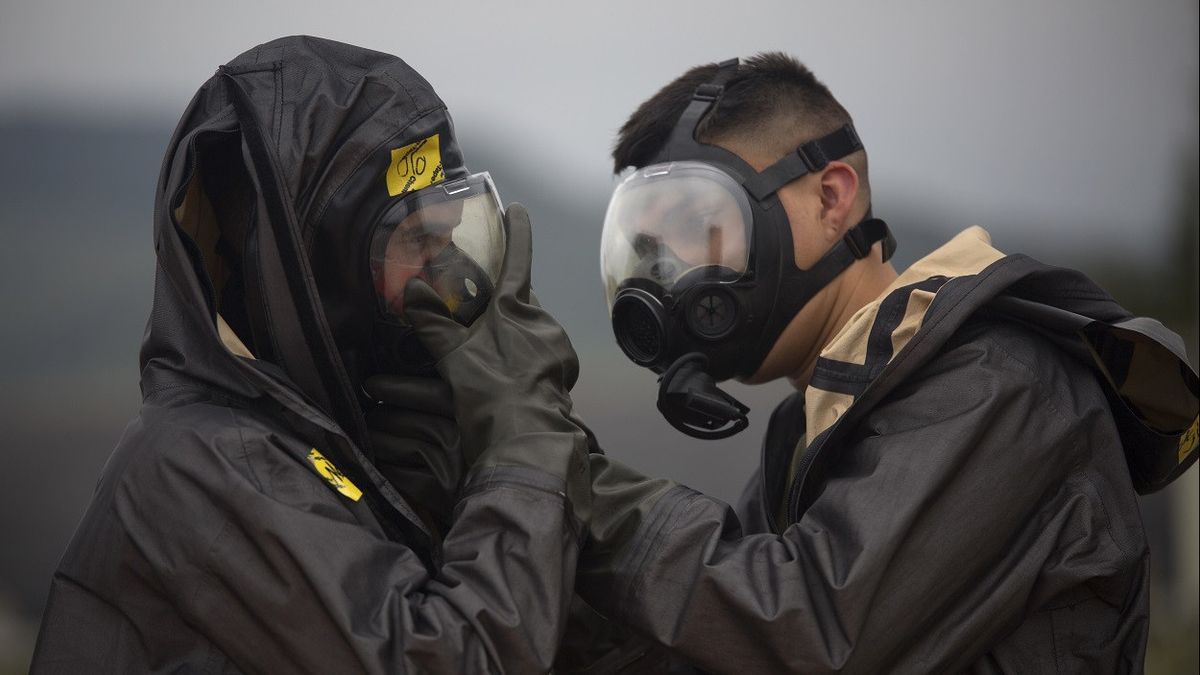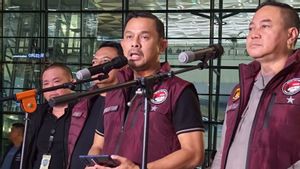JAKARTA - A one-day record of 235 COVID-19 cases among United States (US) troops in Okinawa Prefecture, Japan was confirmed Saturday, local officials said, following a cluster infection that broke out last month at a US base there.
It is not yet clear whether the cases were from the Omicron variant, a highly contagious strain, although it affected US military bases quite badly. The cumulative number of COVID-19 cases linked to the US military has now reached 3,613.
Japan's border control measures have come under scrutiny following the group's infection at the US Marine Corps' Hansen Camp in the southern island prefecture, which hosts most of the country's US military facilities.
Citing Kyodo News January 1, more than 250 people are known to have been infected with the coronavirus at the base.
A prefectural official called on US troops to take thorough antivirus measures, warning that an increase in infections at the base would increase the risk of non-military personnel working there.
On Friday, the State Department said US troops in Japan now require all their personnel to test for COVID-19 within 24 hours of their arrival in the country.

Under an agreement between Japan and the United States, quarantine measures for US military personnel upon arrival are carried out by the United States, meaning they are not subject to Japanese quarantine rules at airports.
In addition, the Japanese government said the US Department of Defense had exempted its personnel from undergoing PCR testing due to advances in vaccination in the military and lower infection cases globally.
The force said exemptions began in September for vaccinated personnel arriving to their facilities in Japan on military aircraft. Since cluster infection, they require their personnel coming to Japan to undergo testing 72 hours prior to departure.
To note, Tokyo on Saturday reported 79 new cases of COVID-19, the highest number since early October, continuing a gradual rebound amid the spread of the Omicron variant. The Japanese capital was one of the areas that reported community spread of the variant.
In late November, Japan implemented strict border controls to stop the Omicron variant from entering by barring the entry of non-resident foreign nationals. It has also tightened quarantine measures for Japanese nationals and foreign residents who have recently been to certain countries or regions.
The English, Chinese, Japanese, Arabic, and French versions are automatically generated by the AI. So there may still be inaccuracies in translating, please always see Indonesian as our main language. (system supported by DigitalSiber.id)








